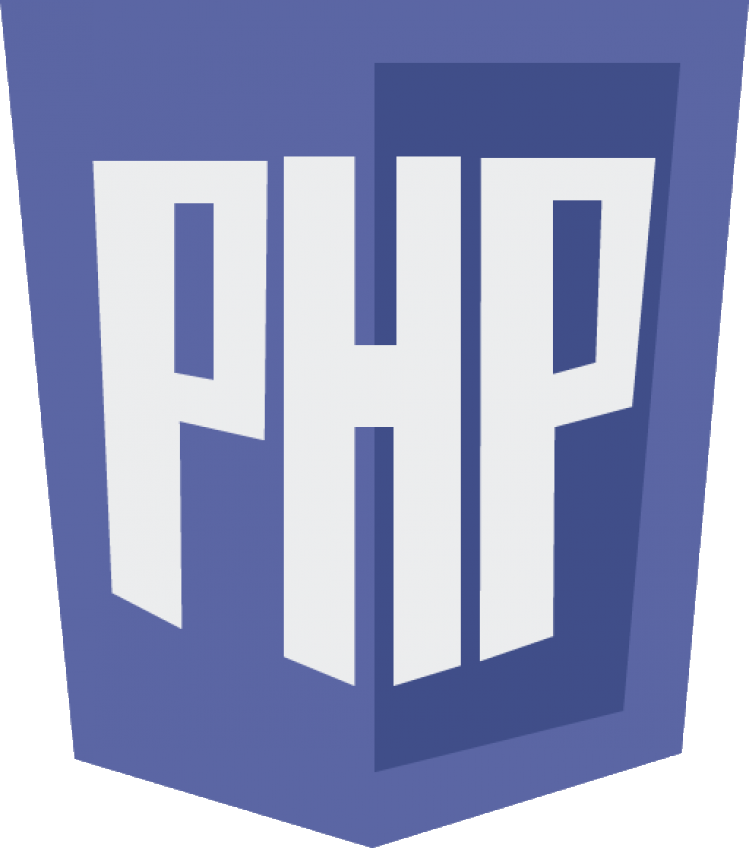An RSS Feed Reader is a software application or a web-based service that allows users to subscribe to various RSS (Really Simple Syndication) feeds and view their aggregated content in a single interface. RSS is an XML-based format used for publishing frequently updated works—such as blog entries, news headlines, audio, and video—in a standardized way. It provides a structured summary of the content, including elements like title, link, description, and publication date.
The primary purpose of an RSS feed reader is to simplify content consumption. Instead of visiting multiple websites to check for new articles or updates, users can simply add the RSS feed URLs of their favorite sources to the reader. The reader then periodically fetches the latest content from these feeds and presents it to the user, often highlighting new or unread items.
Implementing an RSS feed reader in PHP typically involves several steps:
1. Fetching the RSS Feed: The first step is to retrieve the XML content of the RSS feed from its URL. This can be done using functions like `file_get_contents()` or more robust methods like cURL, especially for handling network errors, timeouts, and more complex requests.
2. Parsing the XML: Once the XML content is fetched, it needs to be parsed into a usable data structure. PHP's `SimpleXMLElement` class is an excellent tool for this, as it converts the XML into an object-oriented structure, making it easy to access elements and their attributes. Alternatively, `DOMDocument` can be used for more complex XML manipulation.
3. Extracting Data: After parsing, you iterate through the XML structure, typically looking for the `<channel>` element and then iterating through its `<item>` elements. For each item, you extract relevant information such as `<title>`, `<link>`, `<description>`, `<pubDate>`, and any other specific fields the feed provides.
4. Displaying Content: Finally, the extracted data is formatted and displayed to the user. This usually involves generating HTML to present the news items, often with links to the original articles.
Key considerations for building a robust RSS reader include error handling (e.g., what if a feed URL is invalid or inaccessible?), caching (to avoid repeatedly fetching the same content and reduce server load), and sanitization of the fetched content to prevent XSS vulnerabilities when displaying user-generated or external content.
Example Code
<?php
function fetchAndParseRssFeed($feedUrl) {
// Initialize an array to hold the parsed feed items
$feedItems = [];
// Fetch the RSS feed content using file_get_contents().
// You might want to use cURL for more robust error handling, timeouts, etc.
$rssContent = @file_get_contents($feedUrl);
if ($rssContent === false) {
return ["error" => "Failed to fetch RSS feed from $feedUrl"];
}
// Parse the XML content using SimpleXMLElement.
// The '@' suppresses warnings if the XML is malformed.
$xml = @simplexml_load_string($rssContent);
if ($xml === false) {
return ["error" => "Failed to parse RSS feed from $feedUrl. Invalid XML."];
}
// Check if the XML is an RSS feed and has a channel.
if (isset($xml->channel) && isset($xml->channel->item)) {
foreach ($xml->channel->item as $item) {
$feedItems[] = [
'title' => (string)$item->title,
'link' => (string)$item->link,
'description' => (string)$item->description,
'pubDate' => isset($item->pubDate) ? (string)$item->pubDate : 'N/A'
];
}
} else {
return ["error" => "No RSS channel or items found in the feed."];
}
return $feedItems;
}
// --- Example Usage --- //
$rssFeedUrl = 'https://www.php.net/feed.atom'; // Using PHP.net's Atom feed as an example, which SimpleXMLElement can also parse effectively if structured similarly to RSS
// For a classic RSS feed example: 'https://rss.nytimes.com/services/xml/rss/nyt/HomePage.xml'
$items = fetchAndParseRssFeed($rssFeedUrl);
if (isset($items['error'])) {
echo "<p style=\"color: red;\">Error: " . htmlspecialchars($items['error']) . "</p>";
} else if (empty($items)) {
echo "<p>No items found in the feed.</p>";
} else {
echo "<h1>Latest from " . htmlspecialchars($rssFeedUrl) . "</h1>";
echo "<ul>";
foreach ($items as $item) {
echo "<li>";
echo " <h3><a href=\"" . htmlspecialchars($item['link']) . "\" target=\"_blank\">" . htmlspecialchars($item['title']) . "</a></h3>";
echo " <p>" . htmlspecialchars($item['description']) . "</p>";
echo " <small>Published: " . htmlspecialchars($item['pubDate']) . "</small>";
echo "</li>";
}
echo "</ul>";
}
?>








 RSS Feed Reader
RSS Feed Reader